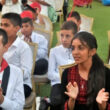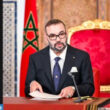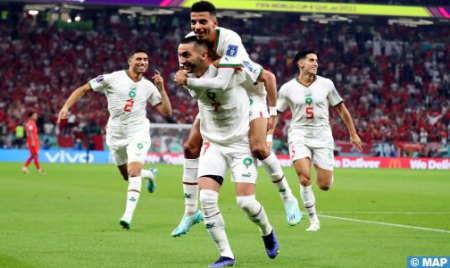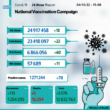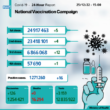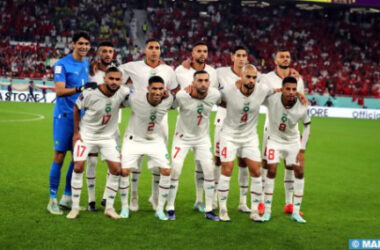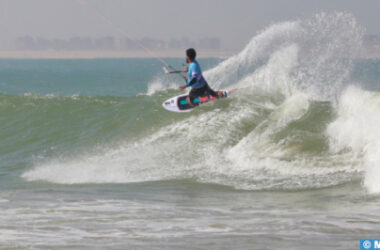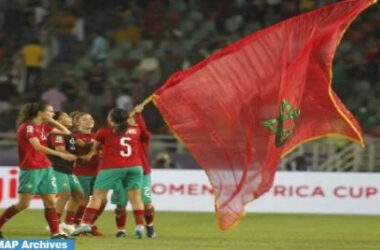The achievement of the Atlas Lions, who reached the semi-finals of the tournament, is “an upheaval in soccer culture” especially for “Africans, Arabs, and Muslims everywhere and a historical revenge of subaltern dreamers from the global south,” the Atlantic Council points out in an article published on its website.
The 2022 FIFA World Cup in Qatar “has reconfigured the rites of the event and dictated new norms in synchronicity with its Arab and Islamic values”, it said, noting that “Morocco, the North African dark horse-turned-favorite of the competition, also had a few lessons to convey”.
“Images of players prostrating to pray after each match, the celebration of family solidarity with players embracing their parents, and the waving of the Palestinian flag for every memorial picture are all acts of defiance of an essentially western-centric football culture and signals a more diverse and inclusive set of symbols that are epistemologically different from the usual World Cup glam,” the U.S. think tank stresses.
“Likewise, the team’s fans have elected a new motto inspired by the religious teaching of the Arabic hashtag “trusting in God” (#ديروا_النية), which has been widely used on social media even by the newly appointed US ambassador to Morocco, Ambassador Puneet Talwar,” the source notes.
“The Moroccan team’s victories are hailed extensively by other global south countries, notably those who see the team’s resilience and combativity as a reflection of their own battle”, the American institute underlines.
“Supporters across the African continent and the Arab and Muslim worlds spontaneously allied behind the Atlas Lions in defiance of their old Spanish, Portuguese, Belgian, French, and British colonizers”, the source points out, adding that “metaphorically, each victory shattered old imperialist complexes that European coaches and teams are inherently superior”.
“For Arab countries particularly, a new pan-Arab sentiment rose and erased decades of defeatist mentality,” the Atlantic Council says.
“For the host country, Morocco’s wins are, by extension, the continuation and channeling of the Qatari dreams in the competition—an avenue for all Arabs to keep dreaming,” it adds, noting that “Qatari Emir Tamim bin Hamad Al Thani made sure to showcase his favorite team loud and clear by waving Morocco’s red flag with a green star during its December 10 match with Portugal”.
“As a result of the Atlas Lions’ rise to the semi-final against France on December 14, millions of Arab youth and children are redefining their soccer idols after the surreal sight of Portugal’s Cristiano Ronaldo leaving the pitch crying and finding new heroes in more self-identifiable players like Hakim Ziyech, Achraf Hakimi, and Yassine Bounou,” the source points out.
“The tale of Moroccan players is also that of first- and second-generation migrants who had mixed experiences of integration in Europe, where many were born and raised,” the think tank says.
“It points to a larger story of how Europe may have provided the investment that these athletes didn’t find “back home,” but ultimately failed to build a genuine connection to their countries of birth that have often been the source of discrimination and mistreatment to their North African immigrant communities,” the source adds.
“In the end, fourteen out of twenty-six players chose to represent the red and green colors of their forefathers for the World Cup.”
“As the world order starts shifting anew towards multipolarity, the Qatar World Cup and the consecutive symbolic triumphs of the Moroccan team can be seen as an illustration of shifting powers and hybrid world narratives,” the American institute stresses.
The official song for the 2022 FIFA World Cup “Dreamers”, created by multi-Grammy award-winning Moroccan-Swedish producer RedOne, “embodies the spirit with which the Moroccan team—against all odds—kept knocking out top contenders like Portugal, Spain, and Belgium and advancing through the competition,” the source points out.


